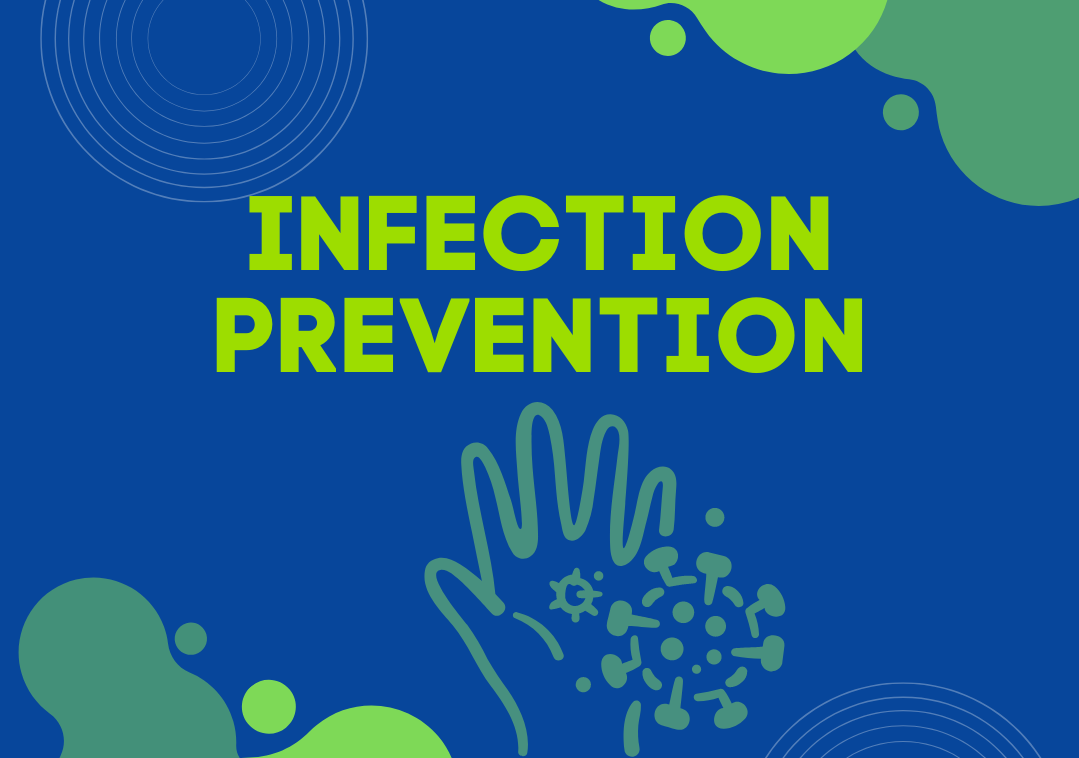Pandemic Controls Reduced Healthcare-Acquired Infections

Strict infection prevention and control measures enacted during the COVID-19 pandemic were associated with a significant decrease in many hospital-associated infections (HAIs), according to a study published in the American Journal of Infection Control.
The analysis included incidence rates (IRs) of Clostridioides difficile (formerly known as Clostridium difficile), multidrug-resistant organisms, respiratory viral infections (RVIs), and device-related infections at the University of Texas MD Anderson Cancer Center from 2016 to 2022.
Researchers found that the incidence of multidrug-resistant organisms remained stable throughout the period, despite a pandemic. Perhaps more impressive is that a decrease was seen in central-line–associated bloodstream infections and catheter-associated urinary tract infections did not increase during this time. Additionally, a significant reduction was observed in C difficile infections and nosocomial RVIs in total, as well as for each respiratory virus.
During community surges of COVID, the incidence of nosocomial RVIs (exclusive of COVID-19 and seasonal offenders respiratory syncytial virus [RSV], and influenza) remained similar to nonsurge periods.
The researchers concluded that increased use of personal protective equipment, enhanced contact precautions, and an emphasis on hand hygiene led to a significant decrease in healthcare-acquired infections and nosocomial RVIs.